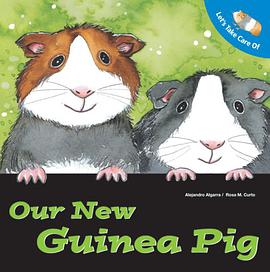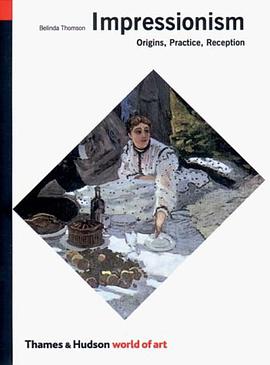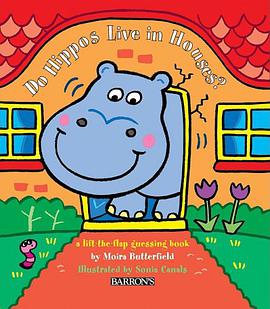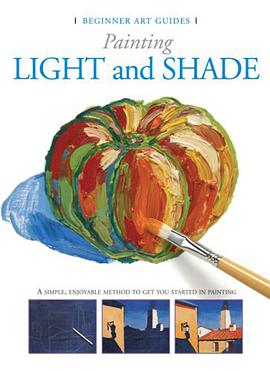

The first art historical study of Yoruba-descended, African Brazilian religious art based on an author's long-term participation in and observation of private and public rituals.At a time when the art of the African diaspora has aroused much general interest for its multicultural dimensions, Mikelle Smith Omari-Tunkara contributes strikingly rich insights as a participant/observer in the African-based religions of Brazil. She focuses on the symbolism and function of ritual objects and costumes used in the Brazilian candomble (miniature "African" environments or temples) of the Bahia region, which combine Yoruba, Bantu/Angola, Caboclo, Roman Catholic, and/or Kardecist/Spiritist elements. An initiate herself with more than twenty years of study, the author is considered an insider, and has witnessed how practitioners manipulate the "sacred" to encode, in art and ritual, vital knowledge about meaning, values, epistemologies, and history. She demonstrates how this manipulation provides Brazilian descendents of slaves with a sense of agency -- with a link to their African heritage and a locus for resistance to the dominant Euro-Brazilian culture.Manipulating the Sacred will be of value to students of art history, religion, anthropology, African American studies, and Latin American studies, and to the growing English-speaking community of initiates of African-based religions.
具體描述
讀後感
評分
評分
評分
評分
用戶評價
相關圖書
本站所有內容均為互聯網搜索引擎提供的公開搜索信息,本站不存儲任何數據與內容,任何內容與數據均與本站無關,如有需要請聯繫相關搜索引擎包括但不限於百度,google,bing,sogou 等
© 2025 book.quotespace.org All Rights Reserved. 小美書屋 版权所有




















